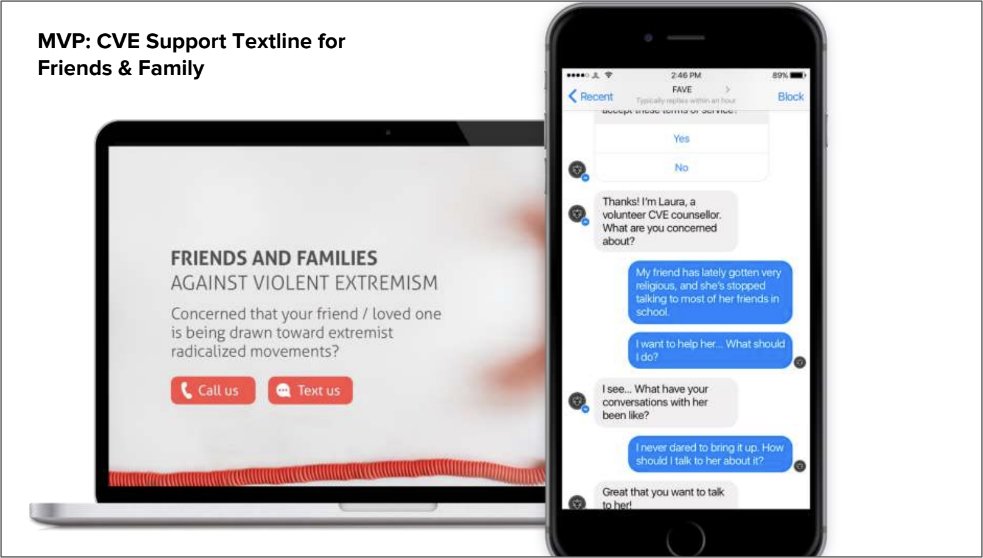What is Hacking for Diplomacy?
Hacking for Diplomacy, also known as Hacking 4 Diplomacy (H4Diplomacy) engages academia to tackle state department challenges using lean startup approaches. H4Diplomacy harnesses university energy, talent, and creativity, bringing students together with DOS professionals, technical experts, and business leaders to develop innovative solutions for critical State Department problems.
H4Diplomacy Semester Roadmap
H4Diplomacy Semester Roadmap
In H4Diplomacy courses, interdisciplinary student teams are provided with real-world State Department challenges sourced directly from DOS. DOS personnel join H4Diplomacy by submitting challenges and serving as the problem owner who guides student teams and connects them with networks of experts so the teams can gain a deeper understanding of the problems and solution possibilities.
Through the connections made across the sponsors’ agencies, students conduct a number of significant interviews with experts in the field and apply entrepreneurial frameworks to understand the root problem. The data gathered from the interviews aids the student team in developing a business case with success and fail criteria for any solutions proposed, resulting in final recommendations for DOS.
The student teams present their findings to the DOS Problem Sponsors and DOS leadership at the end of the semester. The findings could be policy changes, process improvements, or the beginnings for technology prototypes. DOS works with the student teams during the semester to determine the best way to implement the solutions proposed by the student teams.
For DOS Employees
H4Diplomacy tackles DOS challenges as a force multiplier. DOS problem sponsors will gain a variety of viewpoints and solutions to their problems from some of the most innovative minds in the country. The recommendations provided by student teams are helpful–Problem Sponsors think through how to implement more effective ways to solve the problems well beyond the semester.
For Universities and Students
H4Diplomacy offers professors and students a unique opportunity to work directly with DOS on real-world state department challenges. Students learn entrepreneurial thinking, develop professional skills, and explore career paths in public service.
For Mentors
Mentors, which include industry and government agency partners, play an integral role in H4Diplomacy by lending their technical expertise to student teams and guiding them through entrepreneurial challenges through mentorship. In return, mentors build in-roads with the state department, gain early exposure to emerging problems, and develop unique bonds with next generation talent.
See What Others Are Saying About H4Diplomacy
“We have been so impressed by the high caliber of work produced by the students as well as their professionalism and determination to find the best solutions for the complex, real world challenges set before them.”
“I want to salute all of you for first and foremost your interest in taking on this challenge. I want to salute your creativity, your tenacity, your problem solving, to come up with some great ideas here to work through these challenges that we put to all of you.”
Ready to get involved?
Submit a challenge for the next H4Diplomacy cohort.
About H4Diplomacy
Program Administrators
The H4Diplomacy program is administered by the innovation company BMNT, its nonprofit partner, the Common Mission Project (CMP), and conducted in collaboration with DOS Diplomatic Security Service, Directorate of Countermeasures & the Directorate of Cyber and Technology Security.
Program History
The Hacking for Diplomacy Program, launched by DOS in 2016, is modeled after the Hacking for Defense® (H4D) program, a national academic course founded in 2016 by entrepreneurs and national security practitioners and has been taught in more than 60 leading universities across the United States, applying its experiential problem-solving approach to defense, energy, and diplomacy challenges.










